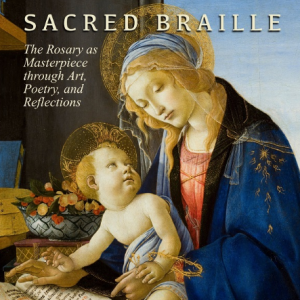The Power of Memorization
As a teacher, I am fond of assigning the old-fashioned practice of memorizing poems. This is something that was commonplace in my grandmother’s generation. She is 98 years old now and can still recite Longfellow and Shakespeare. Poems take on great meaning now that my grandma is older and they are still with her. That taught me that words, unlike any other art form have the ability to enter into our beings, to permeate our bodies as part of our thoughts and as the speech formed upon our tongue and with our breath. When I was teaching high school I had a student who was failing En glish due to personal struggles at home — her parents were having vicious fights almost nightly. I gave her extra credit to help her pass. The task I assigned was to memorize “Hope” by Emily Dickinson. She recited it perfectly, word for word and then said, “I’m glad I have this poem in my head now. It’s good words I can recite in my mind when my parents are fighting and all I can hear is them cursing at each other.” Those curses were starting to take root in her thoughts. When done right, poetry is a blessing, an incantation, an invocation, a prayer.
Truly good words are blessings just as crude words are curses. As a poet I strive to serve the source of all blessings, and to create good words as antidotes to a world filled with curses, words so ugly they must be censored from television, words, as a society, with which we have become all too comfortable.

